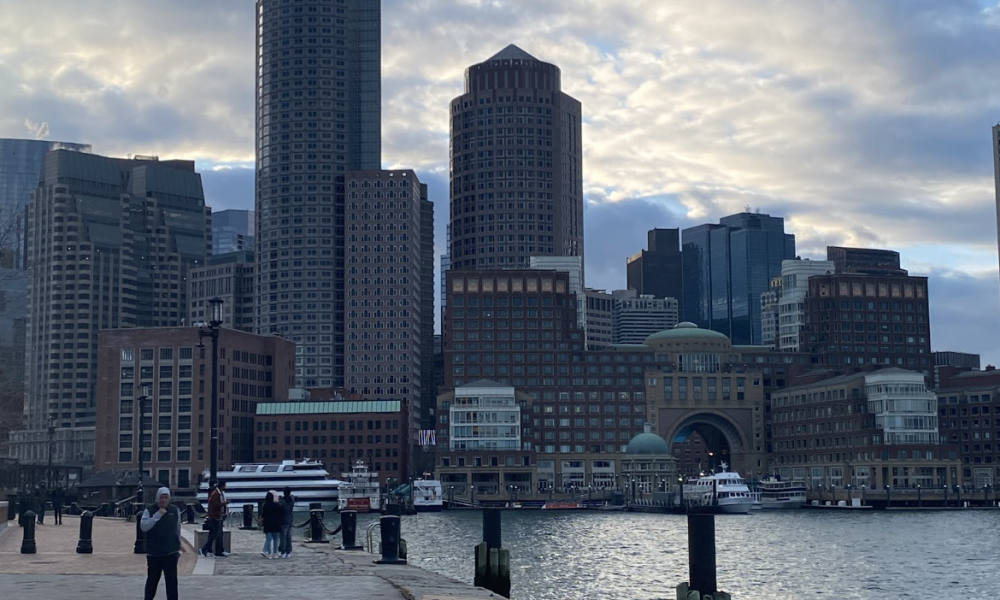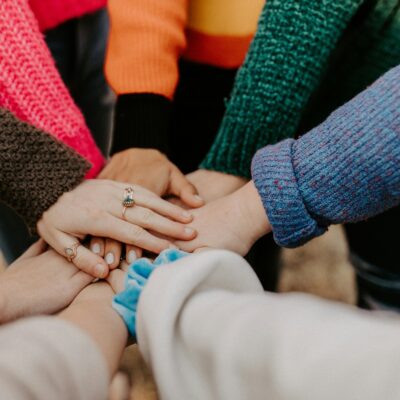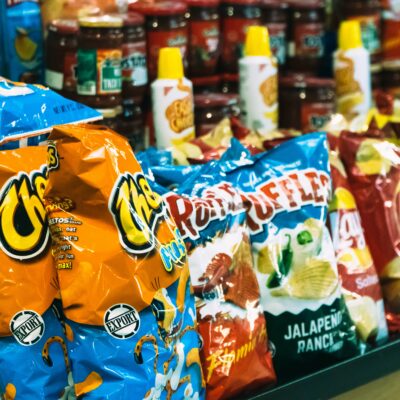Technology and you: what the balance between the physical world and your computer can make
Let me set an apocalyptic scene for you; you’re walking around in the middle of the City and you look around frantically; you’ve just come upon a four-way intersection in what was once Downtown Boston. For some odd reason, the street signs have disappeared and you can’t recognize anything, anything except for the closing sounds of frantic screaming of fellow Bostonians and the roars of the infected closing in on you. Seems like you were plucked into a scene much like the popular HBO series “The Last of Us.” Luckily for you, minutes later, you’re safely away from the zombies as the other survivors are consumed in a painful death. “How did I survive?” you may be asking. Well, luckily for you, you read an article and learned one simple skill that much of society has left behind: how to read a map.
The ability to read a map has been almost completely forgotten by society- as have most simple interactions and thoughts we’ve ever needed. With the advent of mobile devices, the internet, and cellular technology, people of the developed world have little need to do mental math, read maps, or even think about any of the menial tasks that once served as essential to daily life. At face value this seems like a good thing- life is certainly much more convenient and easier now that these menial tasks are easily accomplished- but it has also meant that we’ve lost the ability to meaningfully do any of these things. Need to calculate the price of your groceries? Open the calculator app on your phone. Need directions? Open a map and mindlessly listen to Siri. Need to talk to your family? Send ‘em a quick text. Want to order some chips and get that shirt you’ve always wanted for the past 5 minutes? Amazon is right there! The gist here is that we’ve lost not the capability, but the motivation and reasoning to learn how to do these tasks and understand these skills. It’s absolutely understandable why we don’t want to learn to do these things. I mean, why would you bother remembering how to do mental math when you can do it in seconds on your phone? Why go through the hassle of going out when you can just order it online? There’s little motivation and reason to retain these skills, and despite it being at our fingertips now, these are still valuable things to know, regardless of the circumstances. Sure, most of us will likely not live to see a zombie apocalypse, but maps, among other things, are still incredibly useful in daily life; even just being able to grasp the basic concept of these skills and activities can make even the slightest difference in your life and others.
An excellent way to put this into a relatable context is with the way you interact with your home; whether you call it wherever your family is, your house, your neighborhood, or even your state or country, physical maps are the key to “help you acquire deep knowledge faster and more efficiently,” according to an article from MIT talking about the importance of physical maps, by the insightful Meredith Broussard. There is also a certain connection you make with wherever you are when you read a physical map. Just from a map alone, you can begin to grasp what this area… really is like. “When you live in a place, or you want to travel meaningfully, deep knowledge of geography will help you to navigate it and to understand its culture and history,” Broussard said. The inherent benefit of a physical map, or any physical object, is that when it is used, you are not only more familiar with it and what it describes, but you also make a connection. With maps specifically, being able to run your fingers across the paper and understand your surroundings, enhances your understanding and connection with that place; and making a connection can make something all the more worthwhile. It will enhance your experiences, your life, and the lives of those around you.
This isn’t even mentioning the sheer amount of power we give to those who run everyday technology behind the scenes; whenever you use Google Maps, for example, you are giving data and power to Google… willingly or intentionally. As said during an interview with Ian Spangler, the Assistant Curator for Digital & Participatory Geography at the Lympho Map & Education Center, a facility that works closely with the Boston Public Library system, “Google Maps is the sort of de-facto map of our modern life. And, you know, whether we want it this way or not, that means that this institution has a lot of power to define the terms of how we move through the world and understand it[…] You know, your data is part of what makes the world turn, digitally speaking.”
So what am I saying here? Are all digital maps bad? Are all digital pieces of software just… terrible? No. What I believe is needed is not just a healthy understanding and balance between the digital and physical world in terms of the ways we live our lives, but also that we need to really learn the difference between willingness and un-intentionalism. With the way we live our lives, “it’s a treasure that we live in a time where we can rely so much on these kinds of tools. It makes our lives easier in a lot of ways,” Spangler said. Yes, these tools that we use are simply incredible. In Western Nations, our lives are lives of convenience, in these times at least. It is not to say that this is a bad thing, but we should be intentionally living our lives in bliss. Rather than unknowingly giving our data to the big tech guys, or trying to do something online purely because you can’t do it yourself (or so you think), do these luxuries with intention. The less reliant we are on technology, the less susceptible we are to its often disturbing levels of manipulation and power, and the more we are connected with those around us in the real, physical world.
And, besides. Let’s be honest… we spend enough time on our devices. The world isn’t too far off from being wholly digital. So let’s enjoy the real world while we still have the option to.







